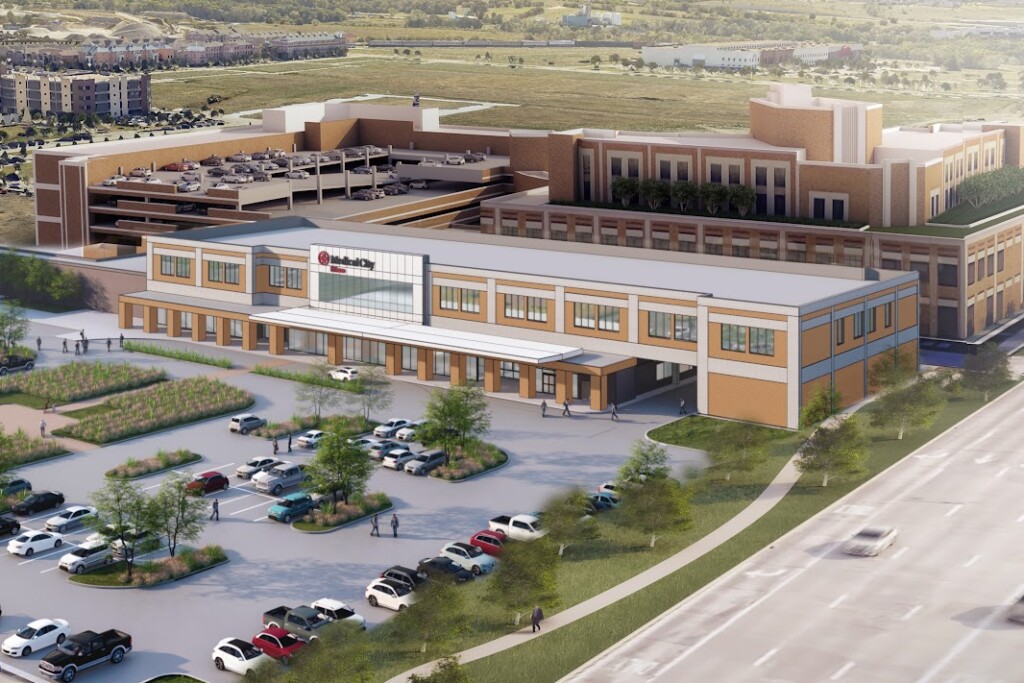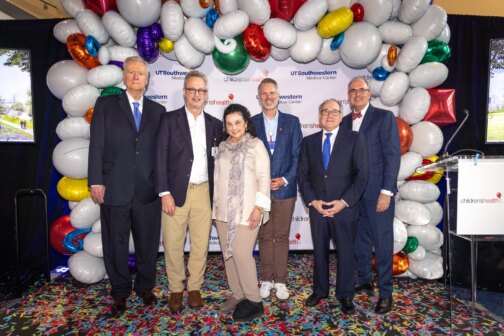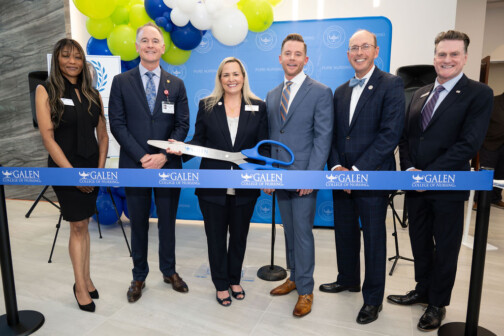Medical City Frisco’s 118,500 square-foot patient tower celebrated with a ribbon cutting last week. The tower is part of a $91 million project and adds 36 beds, bringing the hospital’s total to 98. The addition will focus on ICU and medical surgery beds, and has the potential to support six more floors. The project also included additional parking and enhancements to the emergency department.It will be open for patient care later this month.
Since November 21, positive active COVID-19 cases have increased by 94 percent for the Dallas County population and 56 percent for the pediatric cohort, reports Steve Miff, CEO of the Parkland Center for Clinical Innovation. Covid-19 hospitalizations increased week-over-week by over 106 percent in Dallas County and 83 percent in the region.
Texas Health Resources is the only healthcare company the list of Texan by Nature TxN 20 this year, its fourth year in a row to be recognized for the health system’s focus on conservation. Texan by Nature was founded by Laura Bush and recognized 20 Lone Star businesses that are dedicated to sustainability. Texas Health’s facility design, commitment to healthy practices, and its employees service to the community all contributed to the honor.
The McKesson Foundation has donated more than $4.1 million to pharmacy schools at Hampton University, the University of Michigan, the University of Minnesota College of Pharmacy, the University of North Carolina, and the University of New Mexico to support pharmacy school education and community outreach programs. The goal is to increase the diversity of the pharmacy workforce. Research shows that patients have better outcomes and believe their chances of being heard are better when the clinician shares a similar cultural background. The partnerships are meant to increase diversity recruitment and retention, prepare students for the profession, and serve rural and vulnerable patients.






